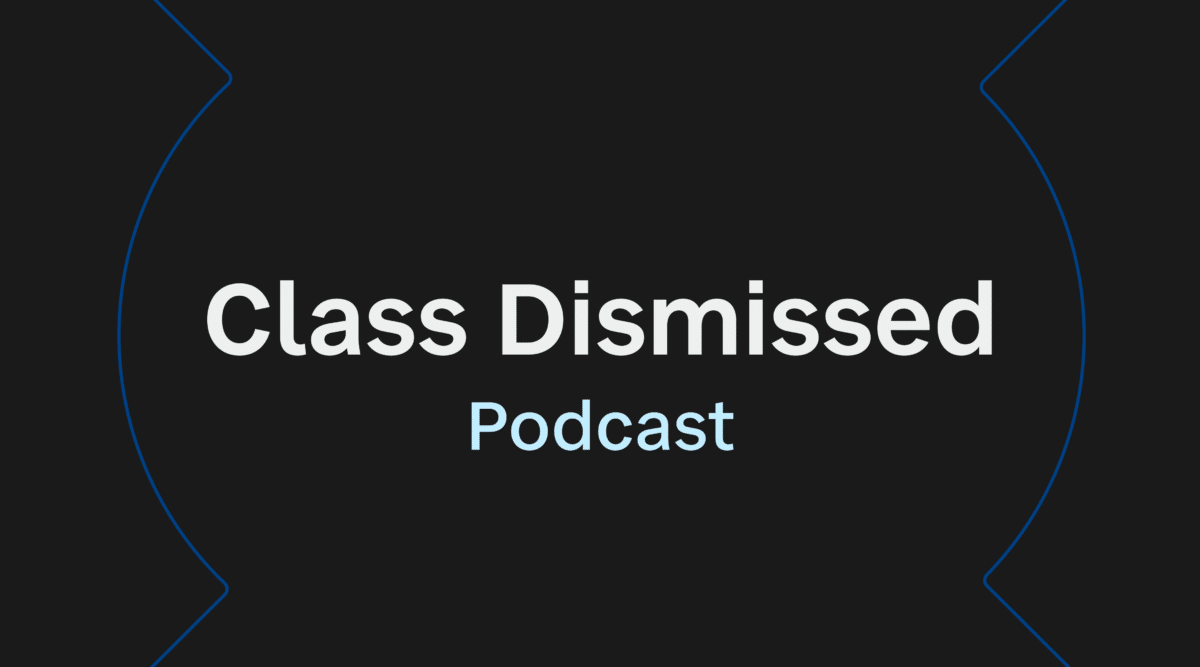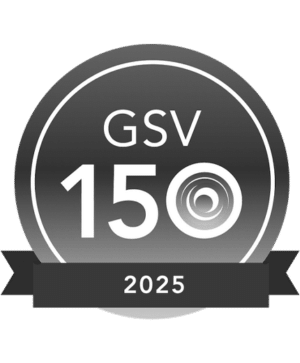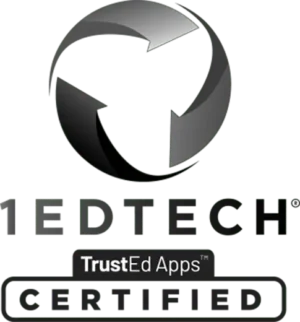

Podcast: Play in new window | Download (Duration: 44:11 — 30.8MB) | Embed
Subscribe: Apple Podcasts | Google Podcasts | Email | RSS | More
Packed with alliteration, math, and geography
Teens and tweens around the world are hooked on Fortnite. When kids are not in school, they’re rushing home to hop on their Xbox or PlayStation to play one of the most popular video games in years. This past January, Epic Games said the title had more than 45 million players. But did you know Fortnite is packed with lessons of alliteration, math, and geography?
Denis Sheeran is the author of a brand new book called Hacking Mathematics, and he’s also the host of the #makeitreal chat on Twitter.
Recently on the Twitter chat, he and his colleagues began bouncing ideas off one another on how to make Fortnite a vehicle for lessons in the classroom.
“There are so many things that our kids are interested in a passionate about and that we are personally interested in and passionate about and that is the path of least resistance to an engaging learning opportunity,” says Sheeran.
Sheeran argues that if the kids are already talking about something and they don’t want to focus about your math class or your English class because all they want to do is play this game, then find a way to extract a valuable lesson from the game.
Legit Lessons
Sheeran and his colleague’s ideas to use Fortnite as a vehicle in the classroom are not a gimmick.
For example, have a lesson on alliteration coming up? Every town in Fortnite uses alliteration. Like Dusty Depot, Loot Lake, Tomato Town.

Screenshot of the Fortnite Map
Have a lesson on Geology or Geography? Examine the landscape inside the game. You could ask students, where could this be if this was a real place?
Lesson on circumference? Do “storm circles” always close in at the same rate?
Have a math lesson on quadratics? Sheeran explains how Fortnite can be relevant.
To hear our full conversation with Sheeran, listen to Episode 46 of the Class Dismissed podcast.
Other notes
BBC Article discussed in Episode 46: “I was a teacher for 17 years, but I couldn’t read or write”
Stay Connected
News, articles, and tips for meeting your district’s goals—delivered to your inbox.



























